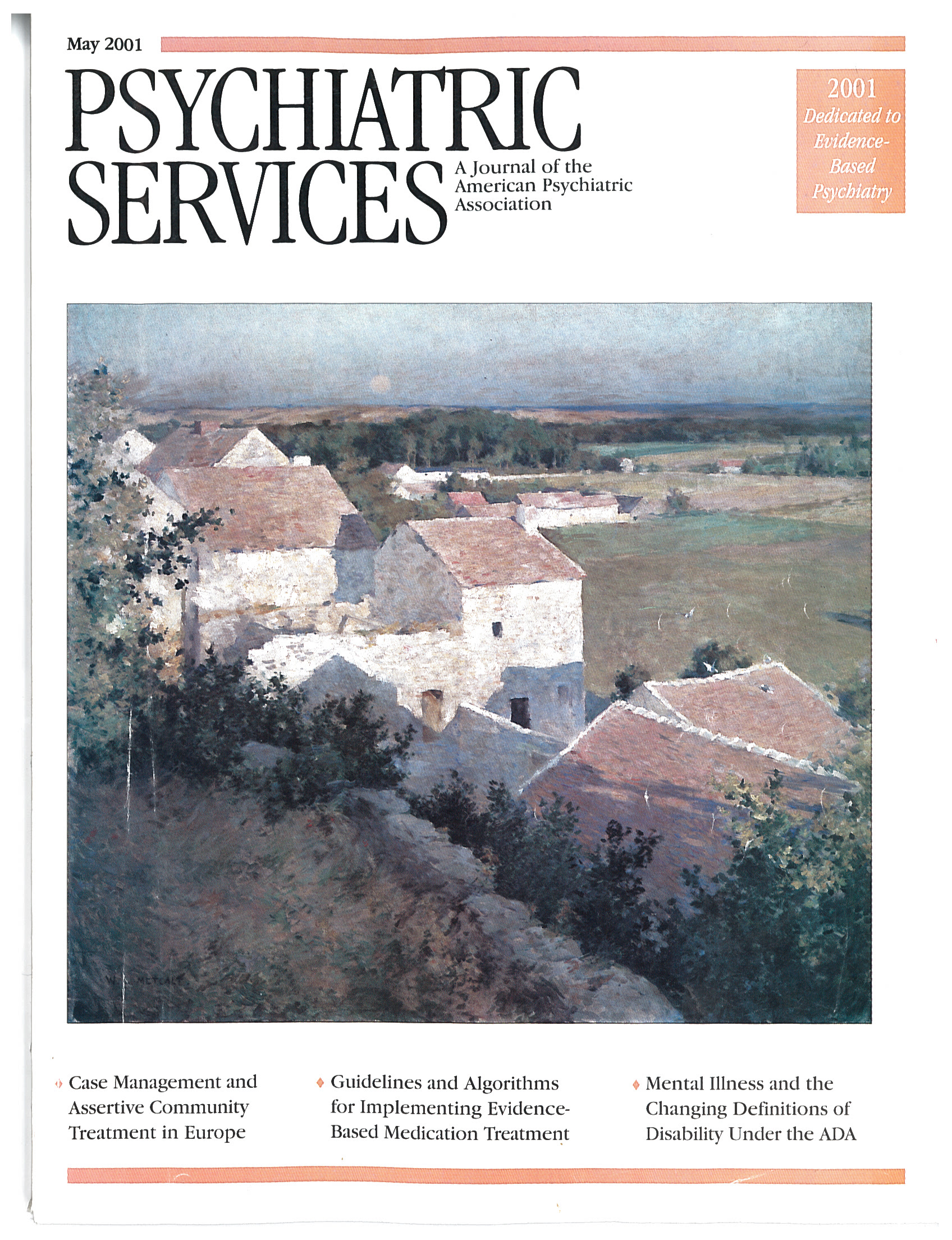Evidence-Based Pharmacologic Treatment for People With Severe Mental Illness:A Focus on Guidelines and Algorithms
Abstract
Medication treatment of severe mental illness has been advanced and complicated by the introduction of numerous therapeutic agents. Practice guidelines based on research evidence have been developed to help clinicians make complex decisions. Studies of usual care suggest an important potential role for guidelines in improving the quality of medication treatment for people with severe mental illness. The authors review current evidence-based guidelines for medication treatment of persons with severe mental illness. Four categories of guidelines are described: recommendations, comprehensive treatment options, medication algorithms, and expert consensus. The authors note that more research is needed on optimal next-step strategies and the treatment of patients with comorbidity and other complicating problems. They discuss barriers to the implementation of guidelines, and they observe that the potential of guidelines and algorithms to promote evidence-based medication treatment for persons with severe mental illness depends on refinement of tools, progress in research, and cooperation of physicians, nonphysician clinicians, administrators, and consumers and family members.



